When Kauna was just 11 months old, she and her mother were caught in gunfire while sitting on a porch. Her mother died. Kauna survived, and her childhood was forever changed.


When Kauna was just 11 months old, she and her mother were caught in gunfire while sitting on a porch. Her mother died. Kauna survived, and her childhood was forever changed.

At just 18 years old, Elijah is a jack-of-all-trades: senior, club member, football team captain and yes, student body president, who will give a speech at his high school graduation in June.

During the darkest time in Kyra’s life, she felt hopeless and believed her life had no value. What she didn’t know then was she was on the brink of an incredible transformation.

When Mary laces up her skates and steps onto the ice, the world gets quiet. It’s one of the coping skills she’s discovered on her journey with the help of LifeSet. A journey that has taken her from years of instability to a place of strength, purpose and hope.
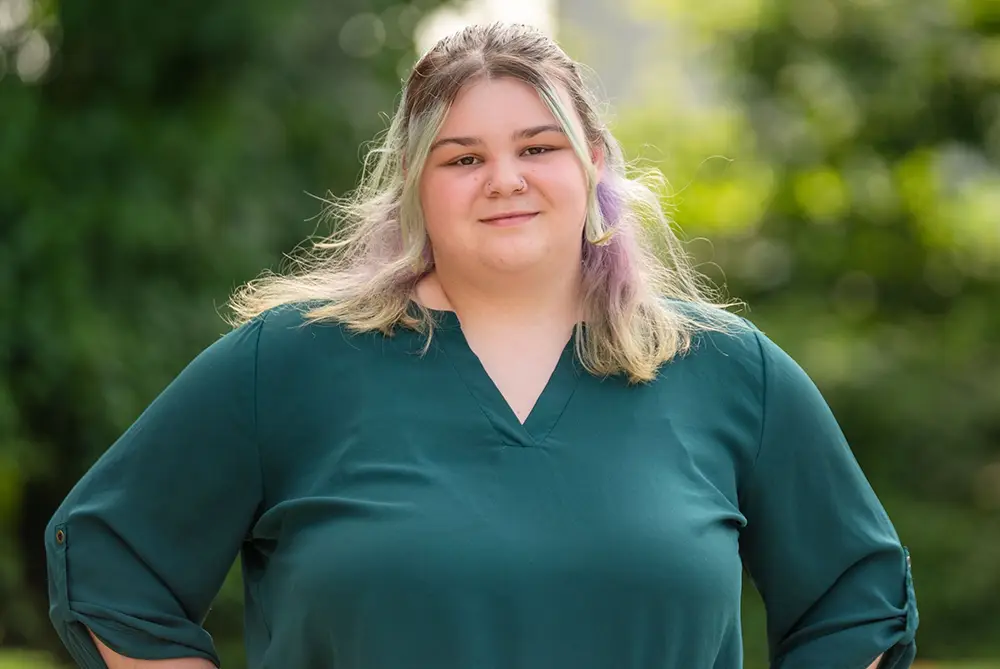
Growing up, Jaiden’s life was marked by chaos and uncertainty. At 17, an abuse and neglect report was filed on her mother after years in a volatile and abusive household.
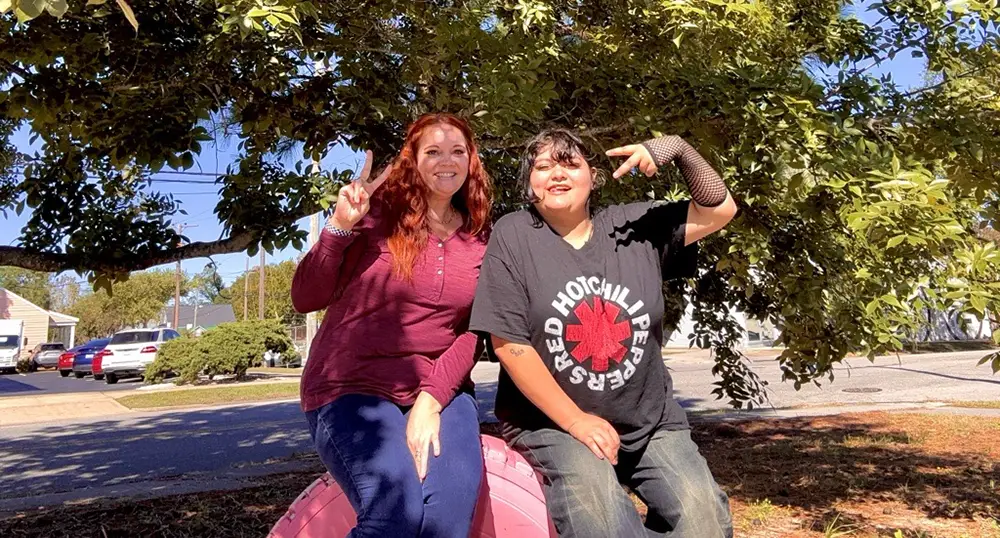
Most people have heard the phrase, “never judge a book by its cover.” That sentiment rings especially true for the young people served by Youth Villages.
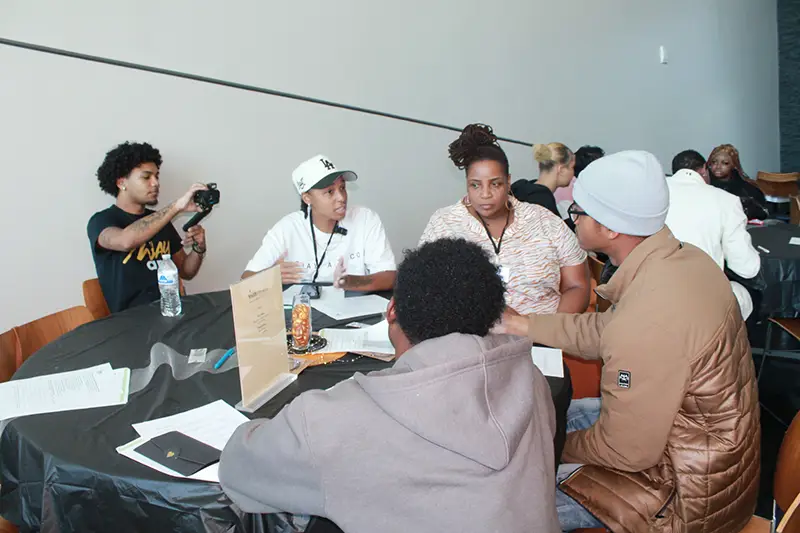
Fail forward. Start with your why. Discover your strengths – and learn how to turn them into something sustainable and profitable. These were just a few of the powerful messages shared during Youth Villages Georgia’s DayOne College and Entrepreneur event for local LifeSet participants
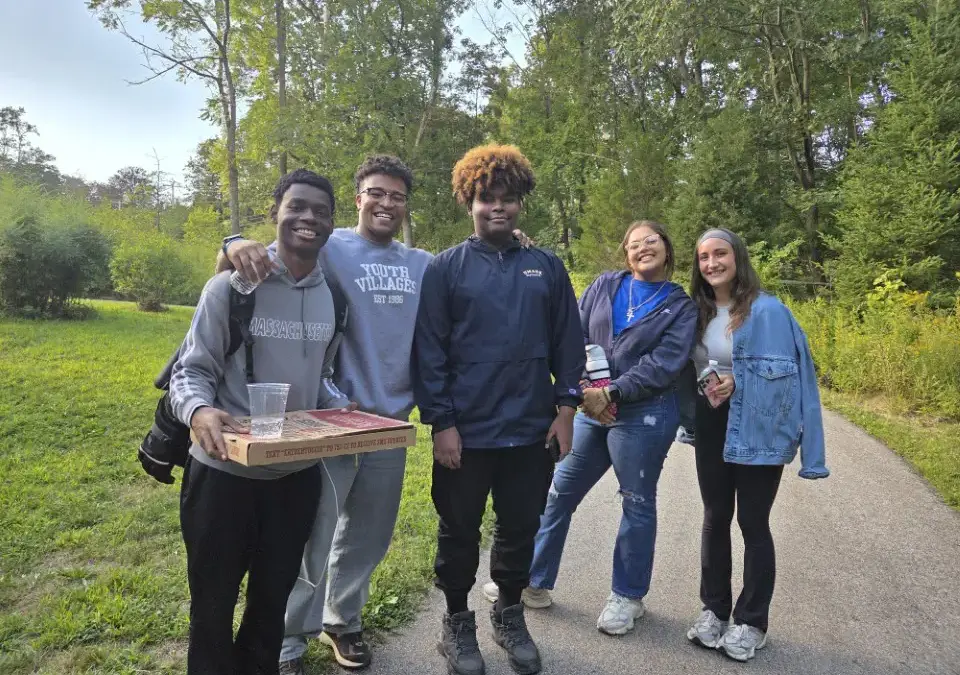
On Aug. 21, nearly 40 LifeSet participants gathered for a special experience hosted by Mass Audubon’s Drumlin Farm Wildlife Sanctuary in Lincoln, Massachusetts.
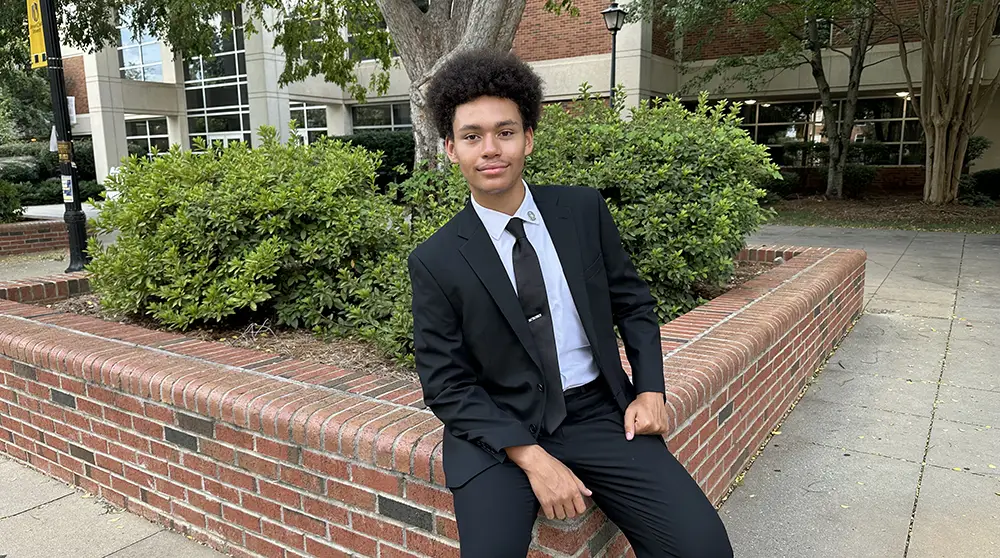
When Isaac was just 11 years old, he found himself navigating adult responsibilities most kids wouldn’t dream of. Living in a shelter with his mother, Isaac took it upon himself to complete their SNAP enrollment paperwork while his mom searched for work.

It’s 7:45 a.m. in Portland, Oregon, and Noah Gerber is already on the move. As an Independent Living Program specialist with Youth Villages, his office is wherever the young people he works with are.